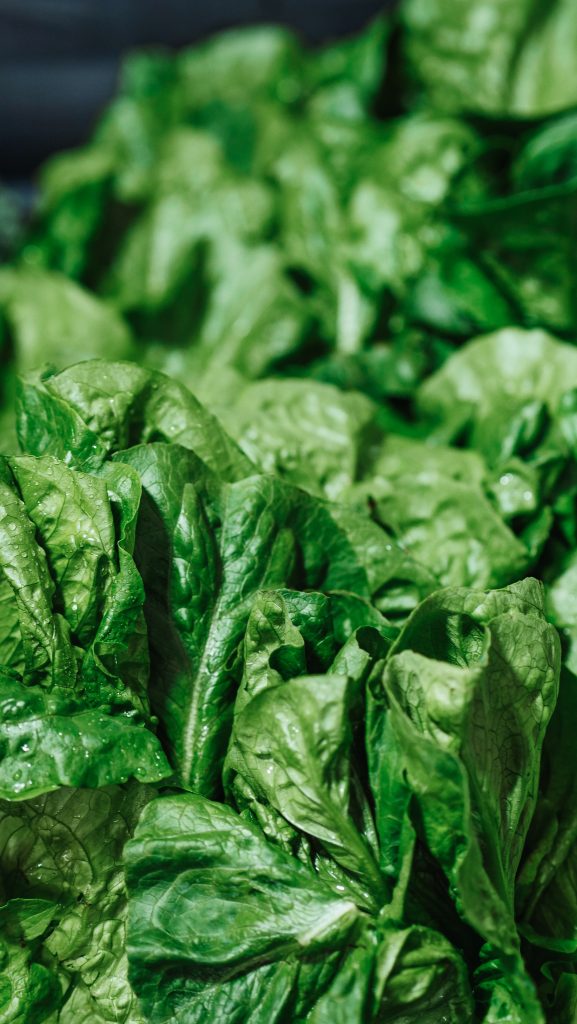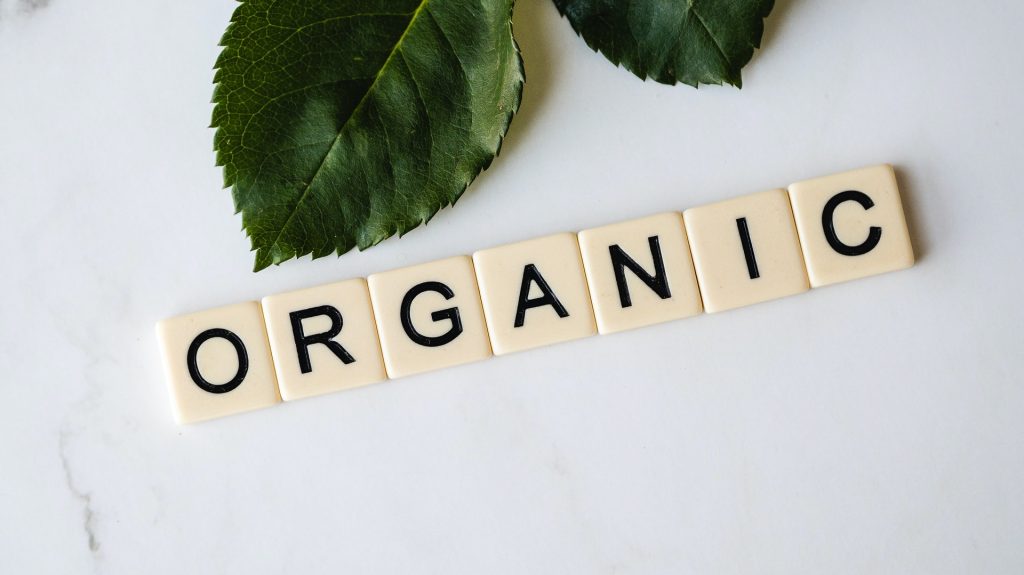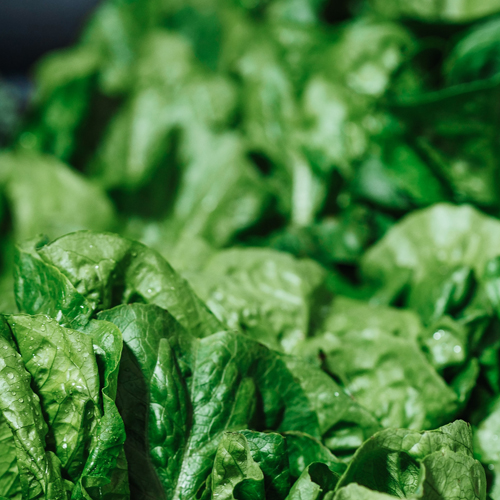How do you know if something is really organic?
 I had been dealing with a health crisis that got me serious about going “Organic”. Over the last few months I have been doing my food shopping at a local natural market. It had been a while since I had been in a standard grocery store and when I ended up there to pick up a few items I was shocked to discover some significant changes.
I had been dealing with a health crisis that got me serious about going “Organic”. Over the last few months I have been doing my food shopping at a local natural market. It had been a while since I had been in a standard grocery store and when I ended up there to pick up a few items I was shocked to discover some significant changes.

I discovered a new line of grocery store generic brand organic foods, and they weren’t sequestered to a special area. They were all over… the organic chicken was right next to regular chicken. Organic cereal was right next to junk cereal, organic eggs right next to regular eggs.
Everywhere I looked there was this grocery stores organic brand displayed as a healthy purchasing choice.
It made me smile.
It means that once again there is power with the consumer and their dollar spending. A huge grocery chain wouldn’t be putting out all the fuss for organic alternatives if it didn’t see the potential profit.
It means that companies are paying attention to consumers wanting more healthy food and realizing they are willing to spend more for it. That also stirred the distrust in me about how much of this organic label brand is about marketing rather than real true organic healthy food.
The USDA National Organic Program is responsible for overseeing the certification and truth of the label “organic”. As a farmer or manufacturer you submit an “Organic System Plan” to a USDA Certified Agent who will check production practices against rules and regulations qualified for organic practices.

This is supposed to include a visit to the plant or farm to ensure truth in their practices, which is usually the case.
How many and how thoroughly they are inspected is questionable given the small amount of agents compared to the growing industry looking for the certificate and jewel label of “USDA Organic”.
Just because it says “organic” doesn’t mean that it is as wholesome as you might think. There are lots of loopholes and grey areas in compliance and enforcement. For instance imported organic foods from China don’t allow US inspections of their farms so there is no way of knowing for sure how they grow and treat their produce.
If a US farmer makes less than $5000 a year selling their produce, they don’t need to be certified and are exempt from inspection and can use the label as they choose at the local farmer’s market.
When I went to the USDA government website and tried to click on any link that spelled out policy, procedure and application for Organic Certification I got a “PAGE CANNOT BE FOUND” error….what’s that about?????
Most organic farmers and producers have a mission at heart to be loyal to the standards, but in a “greed” based hungry economy and farmers struggling to survive, consumers need to be aware. Do not always assume “Organic” is true blue.
The best way to ensure you are really getting “Organic” true blue ingredients or produce is to support local farming known in reputation for being the “real deal”, or stores that are big on supporting organic farming as a main principle of doing business. In other words take the time to know where you are shopping, why, and how you want to spend your dollar power!
Shop wisely, support wholesome organics with your dollars and reap the rewards of nutritionally rich foods! Or of course you could grow your own.
Here are a few links on this subject:
http://www.alternet.org/story/94146/is_your_organic_food_really_organic
http://www.usda.gov/wps/portal/usda/usdahome?navid=ORGANIC_CERTIFICATIO
http://www.quicklabel.com/blog/2010/10/how-to-get-a-certified-organic-product-label-in-the-usa/



Leave a Reply